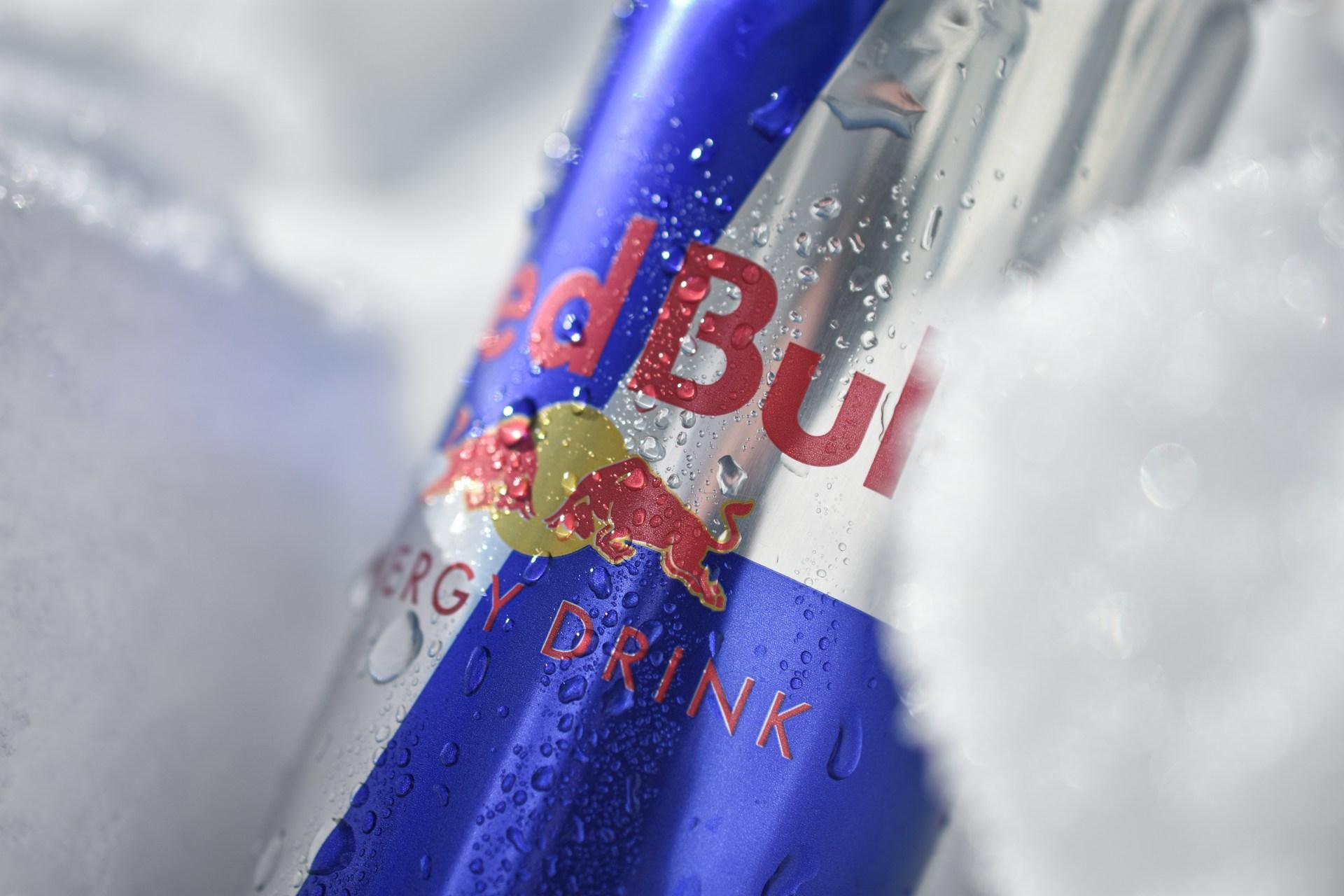
CONCORD, N.C. — Energy drink giant Red Bull has broken ground on a massive $1.7 billion manufacturing and distribution facility in Concord, North Carolina, after a four-year delay. The new site, spanning 2.36 million square feet, will be one of the largest beverage production hubs in the U.S.

The project is a joint venture between Red Bull, packaging partner Ball Corp., and Austrian beverage producer Rauch Fruchtsäfte. Together, the companies plan to meet the surging U.S. demand for energy drinks while also preparing for potential international supply needs.
A Red Bull spokesperson said the North Carolina plant will serve primarily the U.S. market but also has the flexibility “to manufacture for other markets should that be required.”
Once operational, the facility is expected to can 3 billion energy drinks annually and generate 700 jobs for the region. Operations are scheduled to begin in 2028, with full production capacity expected by 2031.
The project was originally announced in 2021, but construction only began on Sept. 9, 2025. A company spokesperson did not specify the reasons for the delay.
This marks Red Bull’s second U.S. production plant, following its Glendale, Arizona facility that opened in 2021. The Concord site is designed to complement Arizona’s output, creating a bicoastal manufacturing footprint to strengthen distribution networks across the U.S.

The timing is strategic. The global energy drink market is forecast to reach $125 billion by 2030, fueled by consumer demand for functional beverages. But competition is heating up, with major players like PepsiCo, Keurig Dr Pepper, and Anheuser-Busch expanding their energy drink portfolios. For Red Bull, a pioneer in the category since the 1980s, scaling up its production capacity in the U.S. is seen as vital to maintaining its dominant market share.
The facility also comes amid shifting trade dynamics. A 50% tariff on aluminum imposed by the Trump administration in 2025 has added new pressure on beverage companies to source and package products domestically. With Ball Corp. directly involved in the Concord plant, Red Bull is positioned to reduce reliance on imported packaging materials while keeping supply chains closer to its U.S. consumer base.
Local officials say the project will deliver long-term economic benefits, including job creation, infrastructure investment, and tax revenue for the Charlotte region. The Concord plant further strengthens North Carolina’s position as a hub for advanced manufacturing and large-scale food and beverage production.
Founded in Austria in the 1980s, Red Bull helped create the global energy drink category, and the brand’s signature slim cans and marketing campaigns have made it one of the world’s most recognizable beverage companies. Now, with its North Carolina expansion, the company is signaling that the U.S. remains a core growth market.
Originally reported by Laurel Deppen in Construction Dive.